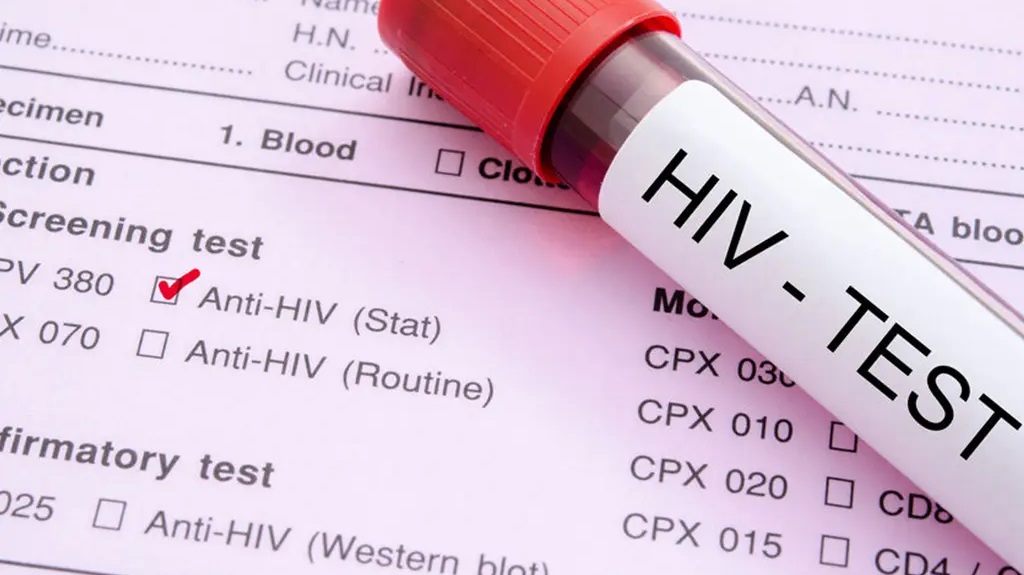The human immunodeficiency virus (HIV) attacks the body’s immune system, weakening its ability to fight off infections. Without treatment, HIV can progress to acquired immunodeficiency syndrome (AIDS), a late stage of HIV infection.
During the initial AIDS epidemic in the 1980s, individuals infected with HIV often developed serious illnesses rapidly. However, advancements in medication have dramatically changed the course of the disease. Today’s treatments effectively reduce the viral load in the blood, enabling people living with HIV to lead healthier and longer lives and preventing the development of AIDS.
Despite these advancements, HIV remains a significant public health concern. In the United States alone, over one million people are living with HIV, and alarmingly, an estimated one in seven are unaware of their infection status. Detecting HIV can be challenging as early symptoms can be subtle and easily mistaken for other common illnesses.
Within the first month or two of HIV infection, between 40% and 90% of individuals experience acute retroviral syndrome (ARS), which presents with flu-like symptoms. However, for some, noticeable HIV symptoms may not manifest for years, even up to a decade, following the initial infection.
According to the Mayo Clinic, certain symptoms should prompt an individual to seek HIV testing:
1. Frequent High Fever: A low-grade fever reaching up to 102 degrees Fahrenheit can be an early indicator of HIV. This fever is often accompanied by other mild symptoms such as fatigue, swollen lymph nodes, and a sore throat. This occurs as the virus enters the bloodstream and begins to replicate in large numbers.
2. Sudden Skin Rashes: Skin rashes can appear at various stages of HIV infection, both early and late, and can even be a sign of AIDS. These rashes can be caused by bacterial or viral infections or an overgrowth of yeast on the skin. Unlike typical allergies or a cold, these rashes might resemble boils or present as irritating pink spots and can occur on any part of the body.
3. Sudden Weight Loss: Significant unintentional weight loss, sometimes referred to as “AIDS wasting,” is a symptom of advanced HIV infection. This can be partly attributed to chronic diarrhea, which is common in later stages. If an individual experiences substantial weight loss despite maintaining their usual food intake, it suggests a compromised immune system and warrants medical attention. While once a more prevalent late-stage symptom, antiretroviral therapy has made significant weight loss less common.
4. Persistent Dry Cough: An unexplained dry cough that lingers for weeks and doesn’t respond to typical treatments like antibiotics, antihistamines, or inhalers could be an early sign of HIV. This “insidious cough” is often mistaken for allergies initially but progressively worsens over time.
5. Night Sweats: Experiencing night sweats is reported by nearly half of individuals in the early stages of HIV infection. This symptom is the body’s response to overheating or attempting to fight off an infectious agent. Night sweats associated with HIV are more common later in the infection and are not related to physical exertion or room temperature.
Recognizing these potential early symptoms of HIV is crucial for timely diagnosis and treatment. Early intervention with antiretroviral therapy can significantly improve the health and longevity of individuals living with HIV and prevent the progression to AIDS.
It is essential for anyone experiencing these symptoms to consult a healthcare professional and get tested for HIV.











